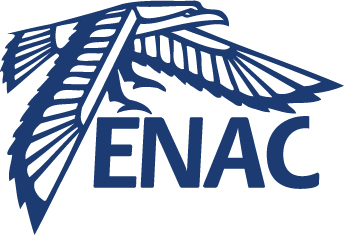Impact of Explicit Memory on Dynamic Conflict Resolution
Résumé
Due to uncertainties in weather conditions, trajectory prediction and constant flight evolution, controlling traffic in a sector is a dynamic problem. Furthermore, when the traffic increases, Air traffic control can become a complex dynamic optimization problem difficult to handle by human operators. In the context of offering air traffic controllers intelligent decision support tools adapted to the dynamic nature of traffic, we compare two options to address this issue. Previous work has already used an evolutionary algorithm to solve conflicts at given time steps. In this paper, we compare two different approaches using this evolutionary algorithm. The first one periodically calls an automatic solver, and the second one uses a memory method to guide successive resolutions. In order to choose the more adapted, we test them on different scenarios of continuous traffic. The memory approach can handle higher densities by maneuvering fewer aircraft and inducing lower delays. It is also more stable over time as early planned maneuvers are more likely to comply to effective maneuvers.
Origine : Fichiers produits par l'(les) auteur(s)
